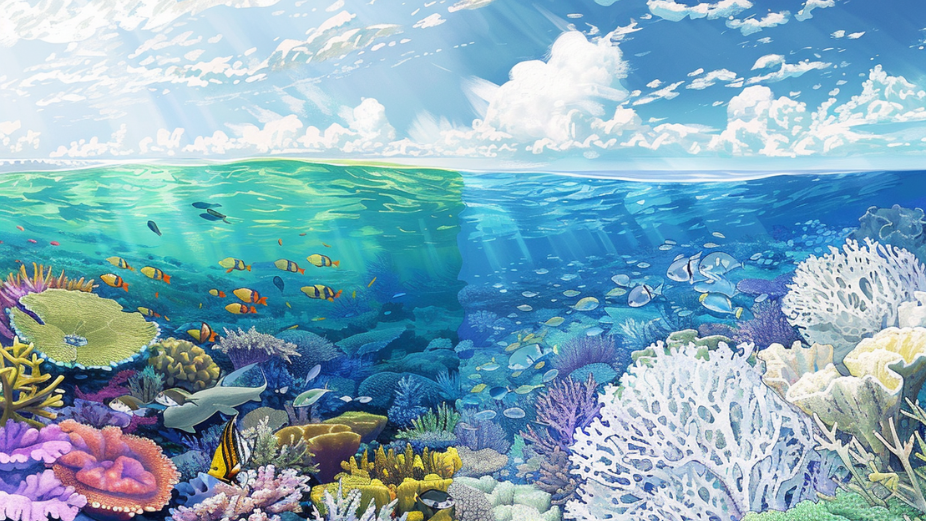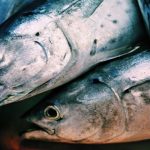
On 8th June 1992, at the Global Forum in Rio de Janeiro, a declaration was made that would resonate across the globe – the inauguration of World Oceans Day. This initiative, sparked by the Oceans Institute of Canada and bolstered by the Canadian government, highlighted the critical role of oceans in sustaining life on our Blue Planet. Over three decades later, this message remains profoundly relevant, especially for the Maldives, a nation intricately bound to the ocean.
The Economic Significance of Oceans for the Maldives
The Maldives, an archipelago of 26 atolls scattered across the Indian Ocean, owes much of its economic vitality to the surrounding marine environment. The ocean is not merely a backdrop but the lifeblood of the Maldivian economy. Tourism, the primary economic driver, is deeply intertwined with the health and beauty of its marine ecosystems. Crystal-clear waters, vibrant coral reefs, and abundant marine life attract millions of visitors annually, contributing significantly to the national GDP.
However, the reliance on the ocean goes beyond tourism. Fishing, another cornerstone of the Maldivian economy, provides livelihoods for a substantial portion of the population. The traditional pole-and-line fishing method, which is both sustainable and eco-friendly, underscores the intrinsic connection between the Maldivian people and their marine resources. Yet, as global fish stocks dwindle and climate change alters oceanic conditions, the sustainability of these economic activities is increasingly threatened.
Challenges and the Need for Sustainable Practices
The economic benefits derived from the ocean are accompanied by mounting challenges. Climate change, overfishing, and pollution pose significant threats to the marine environment. Rising sea temperatures and ocean acidification are already impacting coral reefs, which are vital for both tourism and fisheries. Coral bleaching events, which have become more frequent and severe, undermine the very foundation of the Maldives’ economic and environmental health.
Moreover, the economic model that prioritises immediate gains over long-term sustainability is proving to be unsustainable. Effective management of marine resources and the implementation of sustainable practices are crucial for maintaining the balance between economic development and environmental conservation.
Innovative Solutions and Forward-Thinking Policies
Recognising these challenges, the Maldivian government and various stakeholders are increasingly advocating for sustainable practices. On World Oceans Day, it is pertinent to highlight the innovative approaches being explored to safeguard the nation’s future.
The Maldives has made significant strides in waste management, particularly in combating plastic pollution. The government has passed ambitious laws to ban single-use plastics by 2025, with several islands already leading the way in becoming plastic-free. Initiatives like the collaboration between the Waste Management Corporation (WAMCO) and Parley for the Oceans to establish a plastic recycling laboratory in Malé are crucial steps towards sustainability.
Furthermore, projects supported by international organisations, such as the World Bank’s efforts to improve fisheries management and promote sustainable practices, are instrumental in enhancing the resilience and competitiveness of the Maldivian fisheries sector.
Future
As the world celebrates World Oceans Day, the Maldives stands as a testament to the profound connection between humanity and the ocean. The economic future of this island nation is inextricably linked to the health of its marine environment.
By embracing sustainable practices and innovative policies, the Maldives can navigate the challenges ahead and ensure a prosperous and resilient future. The ocean, which has sustained the Maldivian people for centuries, must now be protected and cherished, not just for its economic value but for the invaluable life support it provides to our Blue Planet.












